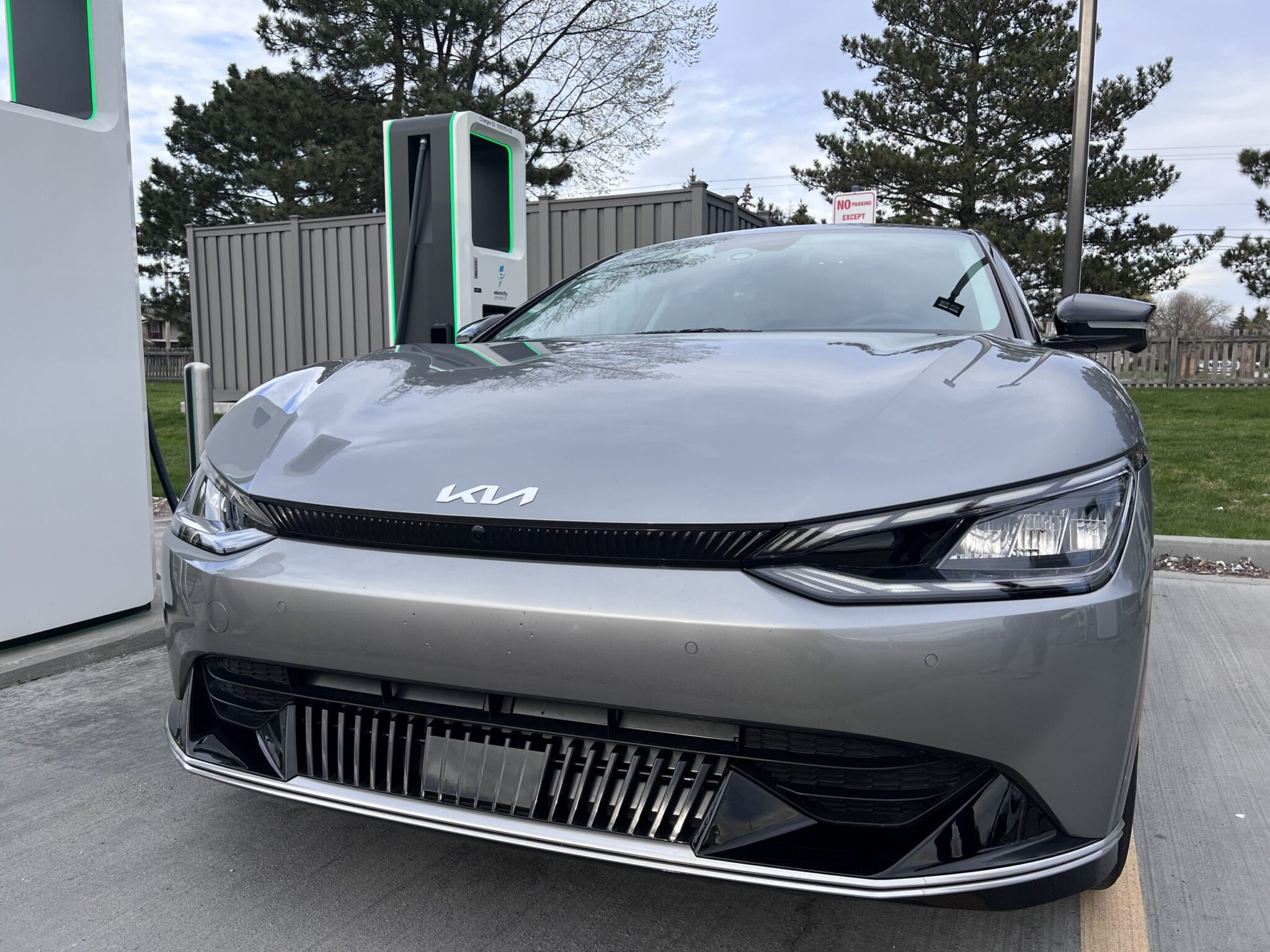Separating Fact from Fiction: Unveiling the Truth Behind Electric Vehicles
As the world gravitates towards more sustainable living, electric cars are increasingly finding their place in our streets and highways. These vehicles are fast becoming a mainstay, providing an innovative solution to the persistent environmental and cost challenges posed by traditional gasoline vehicles. Yet, despite the undeniable progress, there are still several prevalent myths surrounding electric cars. This article aims to debunk some of these misconceptions, providing you with accurate information to make informed decisions about electric mobility.
Myth #1: Electric Cars Are Too Expensive
One of the common myths surrounding electric vehicles (EVs) is their perceived high cost. Initially, when they were a novel concept, electric cars did tend to be pricier than their gasoline counterparts. But, it’s essential to note that the landscape has changed significantly. Advances in technology and economies of scale have driven prices down. Moreover, the total cost of ownership often turns out to be lower for electric cars, as they have cheaper fuel (electricity) costs and lower maintenance expenses.
To give you a clearer idea, consider visiting manufacturer websites such as Tesla and Nissan, which provide comprehensive details about their electric car models. They offer a wide price range that caters to various budgets, effectively debunking this myth.
Myth #2: Electric Cars Don’t Have Enough Range
The term “range anxiety” describes the fear of depleting an electric car’s battery before reaching a destination or charging station. This was indeed a concern a few years ago. However, recent technological advances have dramatically increased electric car ranges. Nowadays, many EVs can easily travel over 200 miles on a single charge. This distance is more than enough for most daily commutes.
The U.S. Department of Energy provides some insight. It says the average American’s daily driving need is about 30 miles. This distance is well within the range of nearly all electric cars. Coupled with the rapidly growing network of charging stations, owning an electric vehicle is increasingly convenient.
Myth #3: Electric Cars Are Slow
The image of electric cars as slow, sluggish vehicles is another misconception that has somehow lingered. The truth is far from it. Electric cars have impressive acceleration capabilities, primarily due to the fact that electric motors provide instant torque. This means that electric cars can get up to speed very quickly, often faster than gas-powered cars.
For example, the Tesla Model S Plaid can accelerate from 0 to 60 mph in just 1.99 seconds. This is faster than many supercars, including the Ferrari 488 GTB and the Lamborghini Huracan Performante. In addition, the Tesla Model S Performance gets to 60 mph in about 3.1 seconds and the popular Kia EV6 GT in 3.4 seconds.

The reason that electric cars can accelerate so quickly is because electric motors have no moving parts. This means that there is no lag time between when you press the accelerator and when the car starts moving. With a gas-powered car, the engine has to rev up before it can produce power. This can cause a delay in acceleration.
Another reason that electric cars can accelerate quickly is because they have a high top speed. The Tesla Model S Plaid has a top speed of 200 mph. This is faster than many sports cars.
So, if you are looking for a car that is fast and fun to drive, an electric car is a great option. They are not slow, and they can outperform many gas-powered cars.
Myth #4: Electric Cars Are Dangerous
Safety is a paramount concern for any vehicle owner. However, some people incorrectly believe that electric cars are more dangerous than traditional cars. Electric vehicles have to pass the same rigorous safety testing as any other car before they can be sold. In fact, some electric cars have scored higher in safety tests than many conventional cars, in part due to their lower center of gravity, which makes them less prone to rollovers.
Furthermore, the absence of a combustible fuel system reduces the risk of fire. According to the National Highway Traffic Safety Administration, the chances of fires in electric cars are considerably less than in gasoline vehicles.
Myth #5: Electric Cars Are Hard to Maintain
If you think electric cars are hard to maintain, think again. One of the advantages of electric vehicles is their low maintenance requirements. Electric cars don’t have spark plugs, timing belts, oil, or other components that need regular maintenance in traditional cars. While they do have unique components like the battery pack and the electric motor, these parts typically require less frequent and less expensive maintenance.
Myth #6: Charging an Electric Car is Inconvenient
One of the most common concerns potential electric car owners have is about charging. The idea of needing to find a charging station, rather than simply pulling into a gas station, may seem inconvenient. However, the reality is that the vast majority of charging happens at home, even without a garage. If you can park your car near a plug (even a standard 120V outlet), you can charge it. And for longer trips, the network of public charging stations is growing rapidly. Companies like ChargePoint and Tesla have extensive networks that are expanding every day. You can find their locations on their respective websites, ChargePoint and Tesla’s supercharger network.
Myth #7: Electric Cars Aren’t Really Better for the Environment
There’s a myth circulating that electric vehicles aren’t that much better for the environment because they rely on electricity that’s often generated from coal. However, the Union of Concerned Scientists conducted a study showing that electric cars are cleaner than gasoline vehicles, regardless of the electricity source. Furthermore, as the power grid continues to clean up and shift towards renewable energy, electric cars will only get cleaner.
Myth #8: Electric Cars Can’t Handle Cold Weather
It’s true that extreme temperatures can affect battery performance. Still, electric vehicles can operate efficiently in cold weather. Manufacturers continually improve thermal management systems. These systems help maintain optimal battery temperatures. They work during both charging and discharging processes, regardless of the external temperature. Interestingly, electric cars have cold-weather advantages. For instance, you can preheat your car while it’s still plugged in.

Courtesy of General Motors
Unplugging the Myths, Plugging into the Future
In this article, we’ve gone over eight common misunderstandings about electric cars. These include things like how much they cost and how they handle cold weather.
We’ve explained that electric cars aren’t as expensive as some people think. Advances in technology and larger-scale production have made these cars more affordable. We also talked about the fear of running out of charge, also known as range anxiety. Today’s electric cars can go a long way on one charge, which is plenty for most people’s daily driving needs.
We’ve also busted some myths about the performance of electric cars. They aren’t slow or unsafe. Actually, they can be really fast, and they’ve passed all the safety tests that gas cars have to go through. Some electric cars are even safer than their gas counterparts.
When it comes to keeping electric cars running smoothly, it’s often simpler and cheaper than with gas cars. This is because electric cars don’t have as many parts that need regular care.
We also looked into the growth of charging stations, which is making it easier to own and charge an electric car. Plus, we talked about how electric cars are better for the environment than gas cars, especially as more and more of our electricity comes from clean sources.
Finally, we addressed the myth that electric cars can’t handle cold weather. The truth is, today’s electric cars work just fine, even when it’s chilly outside.
In closing, the shift to electric cars isn’t just a passing fad. It’s an important move towards a cleaner, more sustainable future. So don’t let misunderstandings stop you from considering an electric car. With lots of benefits and options to choose from, there’s likely an electric car out there that’s perfect for you. Remember, the future isn’t just going to be electric – in many ways, it already is.
More on EV Universe:
- Insights & Updates: Stay updated in the world of electric vehicles with our insights section. Dive into our in-depth reviews, educational pieces, and the latest news.

